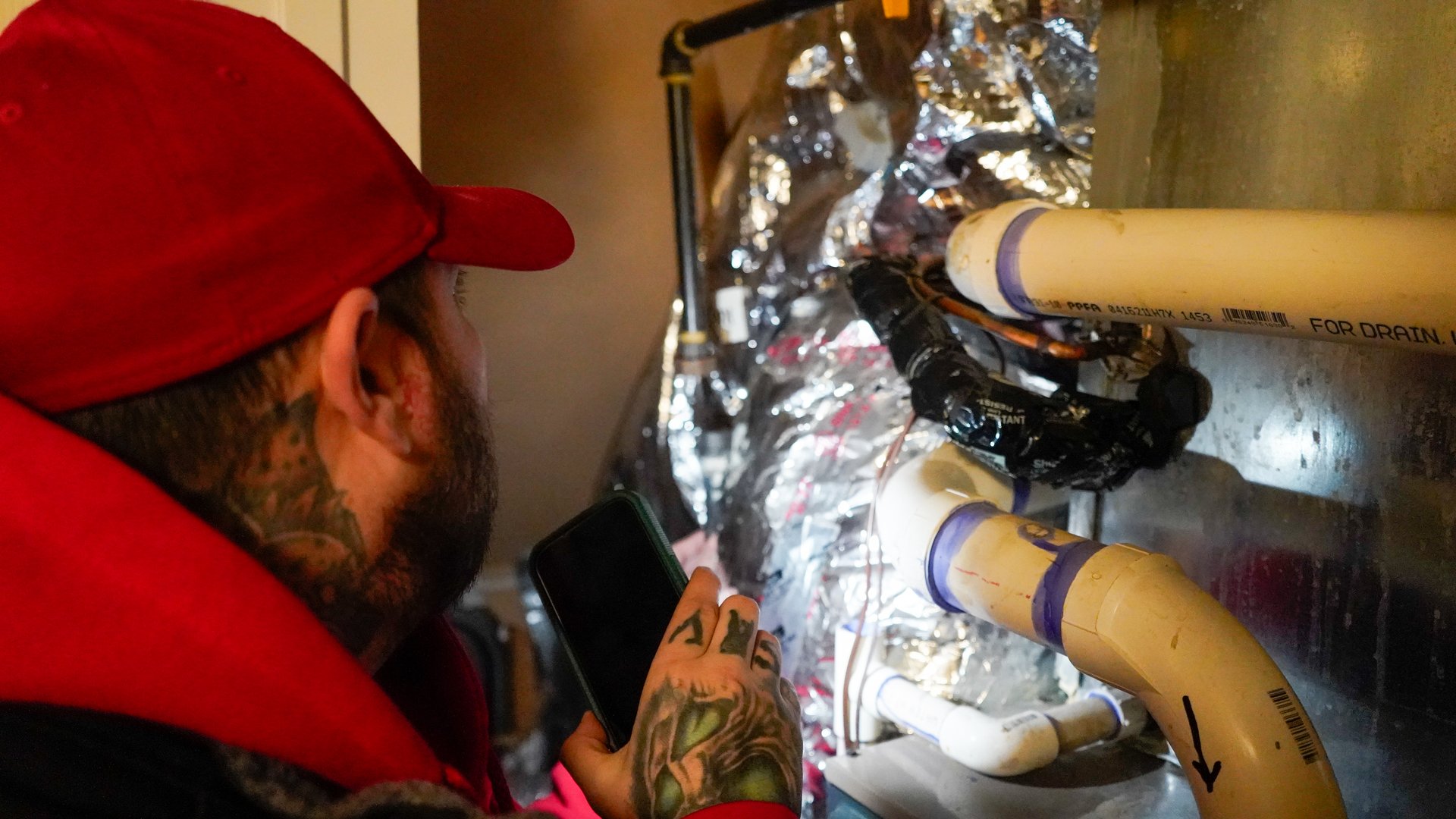WHY J. BLANTON FOR EVANSTON PLUMBING

At J. Blanton Plumbing, we’ve been Evanston’s trusted local experts for over 30 years, delivering fast, reliable solutions for everything from clogged drains to emergency repairs. With over 16,000 homes in this vibrant city of tree-lined streets and historic charm, residents rely on our Illinois-certified plumbers for same-day service, upfront pricing, and expert care. Whether it’s a quick fix or a full plumbing overhaul, we’re dedicated to keeping Evanston’s homes—from early 1900s classics to modern builds—running smoothly with professional service and peace of mind.


J Blanton Plumbing - Turning Bad Calls to Good Calls

Real Stories, Real Solutions: Why Homeowners Trust J Blanton for Trenchless Sewer Repair
Homeowners across Chicagoland are discovering that fixing a damaged sewer line doesn't have to mean tearing up your yard. At J Blanton Plumbing, we specialize i...
Read more

Gas Lines and Home Renovations: 6 Key Considerations for a Safe and Efficient Upgrade
When planning a home renovation, gas lines are often overlooked—but they play a critical role in your project’s success. Whether you're upgrading your kitchen, ...
Read more

How Anode Rods Protect Your Water Heater: The Key to Long-Lasting Performance
Water heaters play a crucial role in every home, providing hot water for daily activities such as bathing, cooking, and cleaning. However, without proper mainte...
Read more
OUR PARTNERS


















How can I determine if the water pressure in my shower is a sign that repair is needed, and what solutions are available to address this issue effectively?
If the water pressure in your shower suddenly drops or fluctuates, it could be a sign that repair is needed. This could be due to a clog in the pipes, a faulty pressure regulator, or a problem with the water supply line. To address this issue effectively, you can try cleaning the showerhead, checking for any leaks in the pipes, or adjusting the pressure regulator if applicable. If these steps do not improve the water pressure, it is recommended to consult a licensed plumber to diagnose and fix the underlying issue.
What type of materials are typically used for gas line installations, and how do they impact the overall cost and durability of the system?
Licensed plumbers typically use materials such as black steel, copper, and flexible corrugated stainless steel tubing (CSST) for gas line installations. The choice of material can impact the overall cost and durability of the system. Black steel is durable and cost-effective but may require more labor for installation. Copper is also durable but can be more expensive. CSST is flexible and easier to install, but it may be more costly upfront. Overall, the choice of material depends on factors such as budget, local building codes, and the specific needs of the gas line installation.
How can I determine the right size tankless water heater for my home's hot water needs?
To determine the right size tankless water heater for your home's hot water needs, you should consider factors such as the number of bathrooms, the flow rate of fixtures, and the temperature rise required. It is recommended to consult with a licensed plumber to accurately assess your specific requirements.
How can I determine if a leak in my plumbing system is a minor issue that I can fix myself, or if it requires professional repair services?
As a licensed plumber, I recommend assessing the severity of the leak by checking the size, location, and potential cause of the leak. Minor leaks that are small, easily accessible, and caused by loose fittings or worn washers can often be fixed by homeowners. However, if the leak is large, hidden behind walls or floors, or caused by a more serious issue such as a burst pipe or corroded plumbing, it is best to seek professional repair services to prevent further damage and ensure proper repairs.
How often should I replace the filters in my water filtration system to ensure optimal performance and water quality?
Filters in a water filtration system should typically be replaced every 6 to 12 months to ensure optimal performance and water quality.










